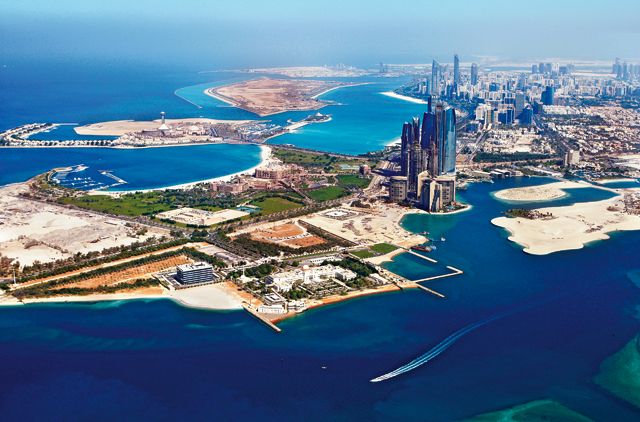Abu Dhabi’s property market, which has always been slightly behind Dubai, looks set to slow in 2016, agents say. With low oil prices putting a downward pressure on government spending and staff costs, real estate could feel the burn in coming months, though investors gained confidence from the new property law.
“Following a slow but overall positive market performance in 2015, which saw apartment rental rates increase, on average, by 5 per cent, with prime projects achieving up to 10 per cent growth, and 3-4 per cent growth for apartment sales prices, Asteco expects a noticeable slowdown in the next 12 months, compounded by a reduction in government spending and stagnant salary levels,” says John Stevens, the firm’s Managing Director.
“Expats make up about 75 per cent of the population in the capital and are a major demand driver for residential property. So unless there is a significant shift in labour requirements, we feel existing supply and demand will keep the market in equilibrium in the short to medium term.
“In addition, the new property law — No.3 of 2015 — should boost investor confidence with improved sector regulations across key areas.”
With some high-profile redundancies in recent months, previously unavailable properties are now entering the market, adds Robin Teh, UAE Country Manager at Chestertons. “From an Abu Dubai perspective, external investors are able to seek out opportunities in non-freehold areas, but obviously this is restricted to GCC nationals. We are seeing demand from banks and investment funds looking for alternative opportunities to traditional investment avenues.”
For end users, it seems to be a case of wait and watch. “As prices continue to soften in both Dubai and Abu Dhabi the market remains stagnant with relatively lower transaction numbers,” says Dima Isshak, Research Manager, Cavendish Maxwell. “Many homeowners who may have previously been looking to sell have turned to renting their property instead as they have not been able to achieve their expected sale prices.”













